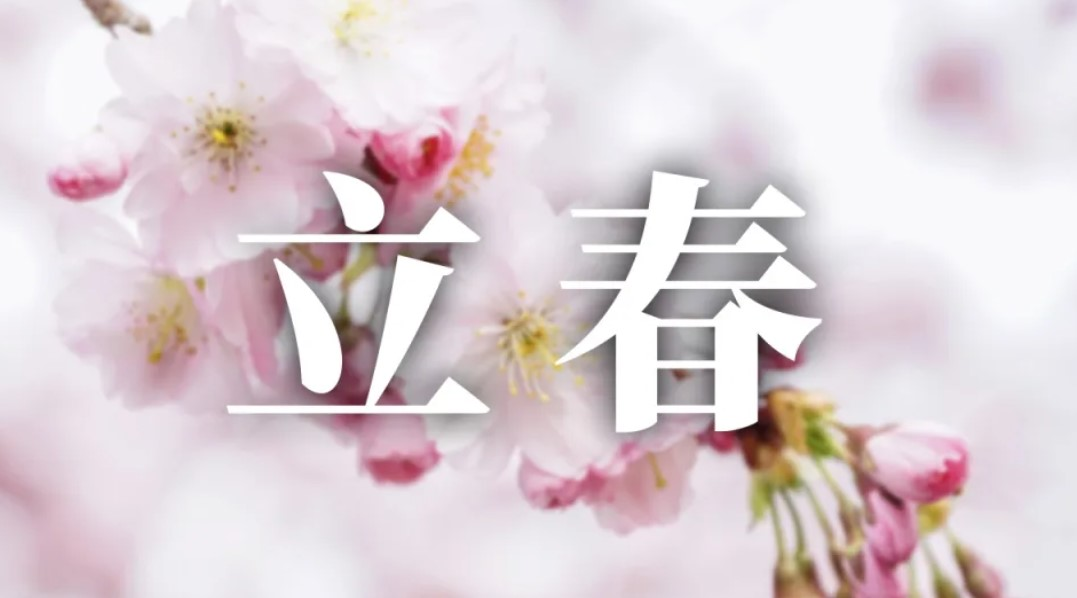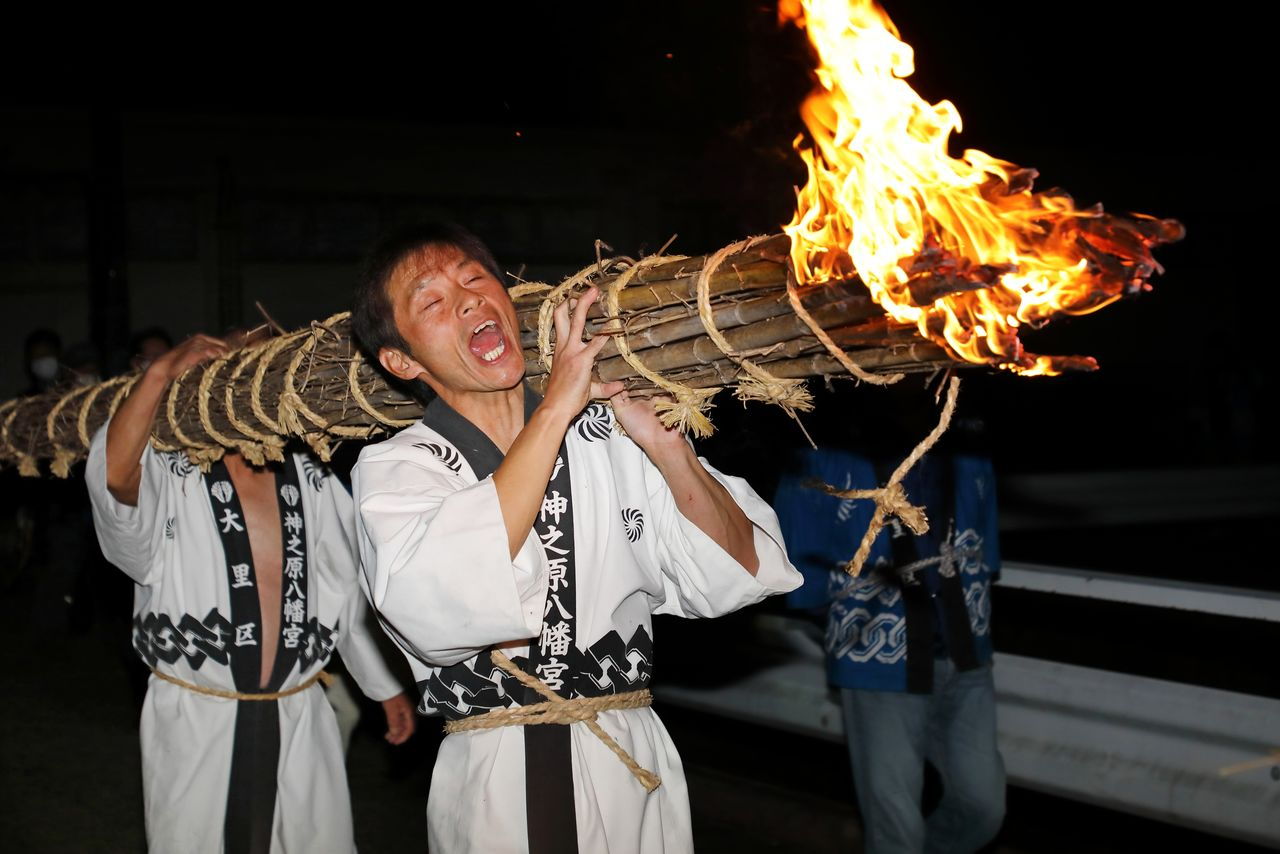
When is the solar term “Beginning of Spring”?
The Beginning of Spring falls on February 3, 4, or 5 in the Chinese calendar every year. The Beginning of Spring in 2024 will be Sunday, February 4, when the sun moves to 315 degrees on the ecliptic. The Beginning of Spring is the first of the twenty-four solar terms and also the first solar term of spring.
What does the beginning of spring mean?
“Li” means “beginning”, and “Lichun” means that spring starts from now on, when the earth thaws and warms up, and everything flourishes. Winter is about to go away, and it is also an important time for spring plowing in agricultural societies. The Han Dynasty attached great importance to the beginning of spring. It once designated the beginning of spring as the Spring Festival, held the “Spring Welcome Ceremony” sacrificial ceremony, and the “Spring Cow Beating” activity of whipping soil to shape a plowing cow statue. In the 30th year of the Republic of China, the day of the Beginning of Spring was specially selected as Farmers’ Day. Every year on Farmers’ Day, grand celebrations and awards are held to commend outstanding farmers.
What are the proverbs for the beginning of spring?
After eating the Beginning of Spring Rice, the day feels warmer:
The weather will slowly warm up and become warmer after the beginning of spring.
The rain at the beginning of spring is clear and clear:
If it rains on the beginning of spring, it will be rainy until Qingming; if it clears on the beginning of spring, it means that the rainfall this year will be moderate and the weather will be smooth.
If thunder does not hit spring, this year will definitely be good. If there is thunder in winter/spring, nine out of ten pig pens will be empty:
It is best not to thunder at the beginning of spring, which means that the weather is normal and the weather is smooth. If there is thunder at the beginning of spring, it means that the climate is abnormal and the following spring will not be warm enough, which will affect farming and animal husbandry.
What are the customs and taboos of the Beginning of Spring?
Go spring:
At the beginning of spring, the earth warms up and spring flowers bloom. It is suitable for going out for an outing and enjoying the scenery. Therefore, there are customs of “spring outing”, “spring outing” and “spring walking”.
Biting spring:
In ancient times, people had the custom of eating seasonal fresh vegetables on the day of the Beginning of Spring, such as eating raw radishes, or spring rolls and spring pancakes wrapping vegetables in pancake skins. This was called “biting spring”, which symbolizes “biting spring, living spring.” ” and share it with family and friends to pray for good health.
Avoid haircuts:
The Beginning of Spring is the first of the 24 solar terms. It is not suitable to get a haircut or haircut on this day, because hair symbolizes the vegetation on the earth, and this is the time of budding. If you cut your hair at the Beginning of Spring, it is as ominous as cutting off the vitality.
Since the days get longer and the nights get shorter after the beginning of spring, the temperature and rainfall also gradually rise, and the temperature difference between day and night becomes larger. At this time, you often feel drowsy and not getting enough sleep. This symptom is also called “spring sleepiness” . Su Wenjin, a Chinese medicine doctor, said that the symptoms of spring sleepiness are usually more obvious after breakfast and lunch. Because the spleen and stomach are in charge of the body’s water and dampness, once the spleen and stomach are weak, they cannot transport water and dampness well.If moisture is retained, the body will feel heavy and tired, and may also be accompanied by symptoms such as dizziness, poor appetite, flatulence, and edema of the lower limbs. If you want to improve spring sleepiness, in addition to avoiding staying up late, you can eat more pumpkins, green onions, leeks, onions and other foods that remove moisture from the body. It is also recommended to exercise to slow down the fatigue of spring sleepiness.




